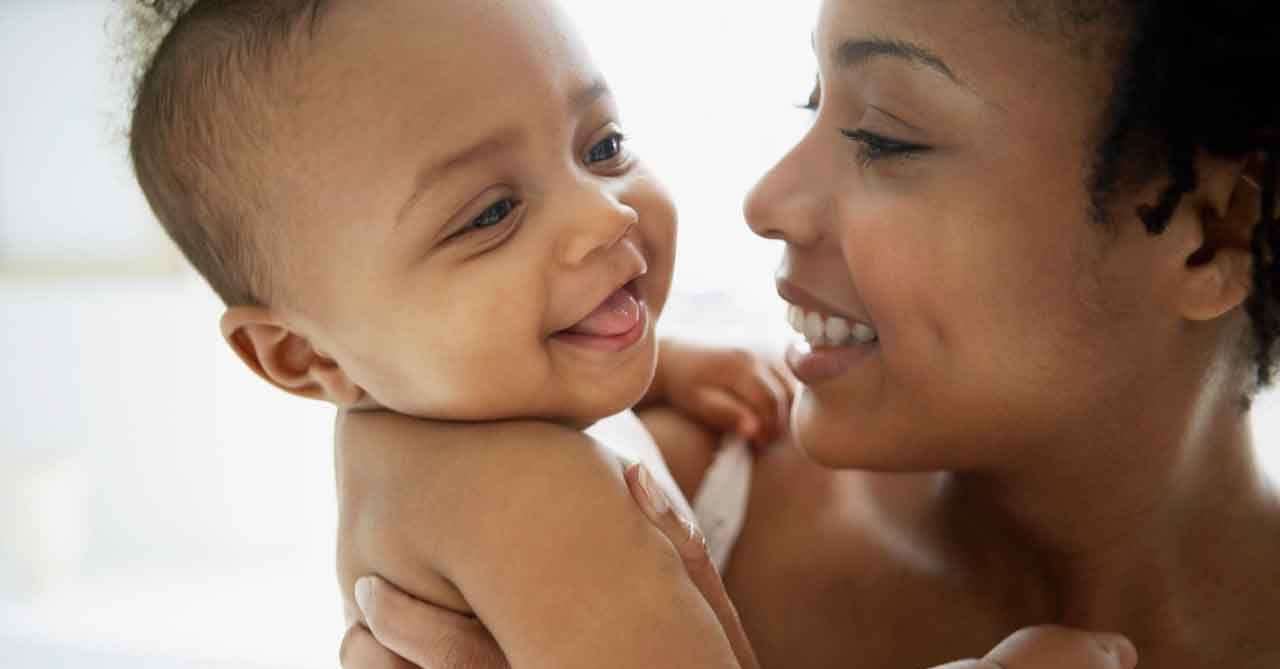Toxic Chemicals During Pregnancy and Breastfeeding

What should you do to protect yourself and your baby?
If you’re pregnant or breastfeeding, you may be concerned about exposure to toxic chemicals.
In late 2015, the International Federation of Gynecology and Obstetrics published a strongly worded consensus statement: chemicals used in manufacturing and agriculture are harming reproductive health. “There are tens of thousands of chemicals in global commerce, and even small exposures to toxic chemicals during pregnancy can trigger adverse health consequences,” a group of doctors from around the world wrote.
The report notes that exposure to chemicals is unevenly distributed both within the United States and around the world, and disproportionately affects those with lower incomes.
YOU MIGHT ALSO LIKE: Breastfeeding Tips for New Moms
What should you do to stay safe from environmental chemicals if you’re pregnant, want to become pregnant, or breastfeeding?
The first thing to do is examine your living environment, says Nancy Wight, a neonatologist and the medical director of lactation services at Sharp HealthCare in San Diego. When you visit an obstetrician or your baby’s pediatrician, talk to them about not just your medical history, Wight says, but also your social history. Discuss your job, where you live, and what your home is like. All will help gauge your potential exposure to environmental hazards.
Do you work in a manufacturing environment or factory, for example? Even if you take precautions in such a setting, there’s still a much higher risk of exposure for you, Wight says, which could affect your health or that of your baby. “I probably would not work in a radioactive chemical laboratory,” Wight says. “I probably would change my job for a little bit.”
Still, new moms often worry too much about cleanliness, Wight says. “In the ICU, you have much more dangerous bugs than your house will ever have,” such as the common hospital-acquired MRSA “superbug.” Taking basic safety measures like making sure you have working carbon monoxide and smoke detectors, keeping a clean house, and making sure everyone who interacts with the baby washes their hands and isn’t coughing, she says, go a long way.
She also suggests getting a pet. Studies have shown exposure to pets reduces the development of asthma and allergies and strengthens children’s developing immune systems.
YOU MIGHT ALSO LIKE: Baby Supplies You’ll Need
More tips from Wight on what to avoid:
- Certain fish. “Fish is good if you’re pregnant,” says Wight, “but you don't want to eat the ones that accumulate the toxins.” She cautions that women should not eat large, predatory fish high on the food chain, like mackerel, swordfish, tilefish from the Gulf of Mexico, and shark. Most commonly consumed seafood, the Environmental Protection Agency and Food and Drug Administration (FDA) both point out, is low in mercury: shrimp, salmon, catfish, tilapia, and cod.
- Dietary supplements. “Mothers will often ask me, can I take this particular herb or this particular concoction to increase my milk supply?” Wight says. But the problem, she says, is that supplements aren’t currently tested by the FDA, and if they come from overseas or other even more unregulated environments, they may even contain dangerous metals, steroids, or antibiotics. Be safe and check your brands with an independent consumer testing group (ConsumerLab, for example).
- Pesticides in the yard, and harsh cleaning agents in the house. Use the gentlest, most natural home cleaning products you can. Also check the Environmental Working Group’s “dirty dozen,” a list of fruits and vegetables that are better to buy organic to avoid pesticide in food.
- Lead. When was your home or apartment built? If before about 1980, it’s likely lead-based paint was used at some point in its history. Check with your building manager, and test your home and water.
- Nonstick pans. Pans made with Teflon and other nonstick coatings give off a chemical, perfluorooctanoic acid, or PFOA, that has been detected in women’s bodies. If any of your pans are chipping, definitely throw them out. Opt for stainless steel or cast iron pans instead — which will also last longer.
- Bisphenol A, or BPA. While BPA is now banned in baby products, its replacements may not be any safer. To be safe, switch to tempered glass or stainless steel, and never microwave food in plastic containers.
To some degree, Wight says, there’s little we can do about exposure to environmental chemical hazards, aside from working with legislators to achieve better regulation. In its statement, the International Federation of Gynecology and Obstetrics called for making environmental health part of healthcare and suggested health professionals should advocate for policies to prevent exposure to toxic environmental chemicals.
“But it’s not a reason not to get pregnant, and it’s not a reason not to breastfeed,” Wight says. “The benefits of breastfeeding greatly outweigh the normal exposure to toxins in our environment. So breastfeeding is much more important.”
Updated:
April 07, 2020
Reviewed By:
Janet O’Dell, RN